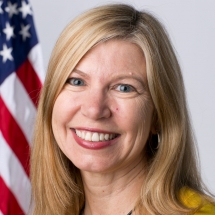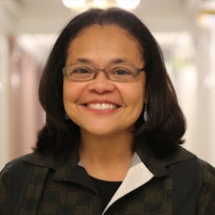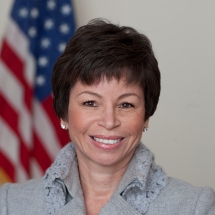White House Author

Thomas Kalil
From 2001 to 2008, Kalil was Special Assistant to the Chancellor for Science and Technology at UC Berkeley. He was responsible for developing major new multi-disciplinary research and education initiatives at the intersection of information technology, nanotechnology, microsystems, and biology. He also conceived and launched a program called “Big Ideas @ Berkeley,” which provides support for multidisciplinary teams of Berkeley students that are interested in addressing economic and societal challenges such as clean energy, safe drinking water, and poverty alleviation.
In 2007 and 2008, Kalil was the Chair of the Global Health Working Group for the Clinton Global Initiative, where he developed new public and private sector initiatives in areas such as maternal and child health, under-nutrition, and vaccines. Tom was also a Senior Fellow with the Center for American Progress, where he co-authored A National Innovation Agenda, one of the four pillars of CAP’s Economic Plan for Plan for the Next Administration. He was also a member of the Scientific Advisory Board of Nanomix, and has served on three committees of the National Academy of Sciences, including the Committee to Facilitate Interdisciplinary Research.
Previously, Thomas Kalil served as the Deputy Assistant to President Clinton for Technology and Economic Policy, and the Deputy Director of the White House National Economic Council. He was the NEC's "point person" on a wide range of technology and telecommunications issues, such as the liberalization of Cold War export controls, the allocation of spectrum for new wireless services, and investments in upgrading America's high-tech workforce. He led a number of White House technology initiatives, such as the National Nanotechnology Initiative, the Next Generation Internet, bridging the digital divide, e-learning, increasing funding for long-term information technology research, making IT more accessible to people with disabilities, and addressing the growing imbalance between support for biomedical research and for the physical sciences and engineering. He was also appointed by President Clinton to serve on the G-8 Digital Opportunity Task Force (dot force).
Prior to joining the White House, Tom was a trade specialist at the Washington offices of Dewey Ballantine, where he represented the Semiconductor Industry Association on U.S.-Japan trade issues and technology policy. He also served as the principal staffer to Gordon Moore in his capacity as Chair of the SIA Technology Committee.
Tom received a B.A. in political science and international economics from the University of Wisconsin at Madison, and completed graduate work at the Fletcher School of Law and Diplomacy. He is the author of articles and op-eds on S&T policy, the use of prizes as a tool for stimulating innovation, nanotechnology, nuclear strategy, newborn health, vaccines, the impact of mobile communications in developing countries, U.S.-Japan trade negotiations, U.S.-Japan cooperation in science and technology, the National Information Infrastructure, distributed learning, and electronic commerce.
Follow the White House Office of Science and Technology Policy on Twitter @WhiteHouseOSTP.



